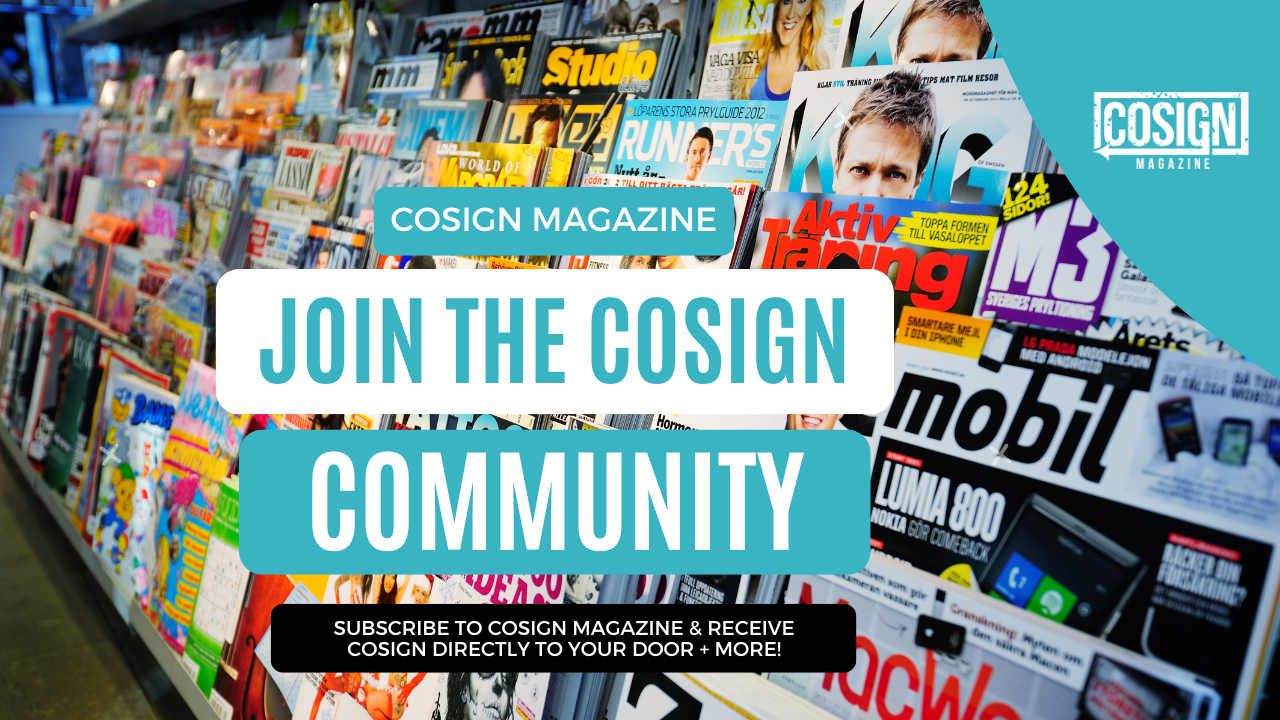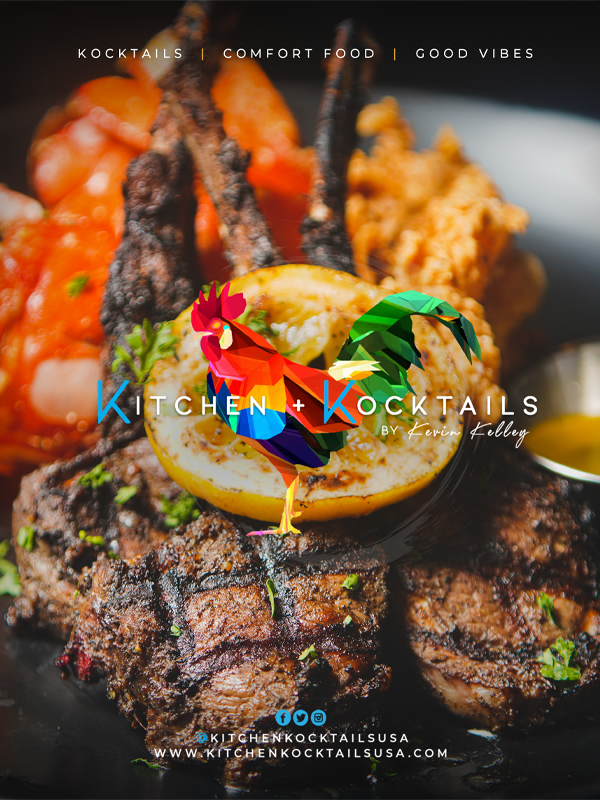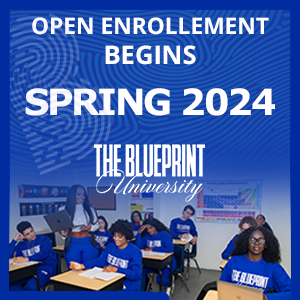Welp! It looks like COVID-19 (The Coronavirus) has caught the world with its slip showing — especially the United States. This pandemic is bringing the American economy to a stand still, and an increasing number of people are giving American Capitalism the BIGGEST side-eye. Rightfully so. Talking heads have been “Capitalist-splaining” (Yeah, I am still working on that) how the free market is the way, the truth, and the light. Yet here we are, a government without bootstraps to pull up. An economy caught slipping’ by a health crisis. YIKES!
We know that it’s going to take a Herculean effort and an unreal amount of money to pull us out of this terrible situation. If we use history as our guide, we also know that relief efforts will be lopsided. People will once again get the short end of the stick.
Did you know money trees do exist? They are exclusively for bailing out businesses though; sorry taxpayers. Several trillions of dollars from those money trees will roll in the U.S. economy to act as an expensive band-aid to the self-inflicted owie of big business.
Isn’t it funny that canceling all student loan debt costs a trillion bucks, but fiscal conservatives say students drowning in debt shouldn’t be bailed out? I’d love to know how they are feeling now that they have to support spending double that to combat this crisis.
The government has been patting its “empty pockets” harder than a person who went out with friends for drinks and can’t seem to find their card when it’s time to pay the tab.
I digress.
Beyond all the monopoly money pouring into the economic system, the biggest eye-opener has been learning was said to be impossible is, in fact, VERY possible. All the business community had to do was be proactive and explore the possibilities.
If your email inbox is anything like mine, you’ve been inundated with emails from companies sharing how they are responding to the coronavirus. Wouldn’t it be great if it didn’t take a crisis to be innovative? It also seems like scalability is only something that is talked about. I am not sure when the voting window opens for words that you would like to leave behind, but whenever it does, I am voting for scalability to be left behind in 2020. I think we would be hard-pressed to name a business off the top of our heads that was able to keep up with the increased demand and challenges that COVID-19 created.
This virus shined a light on the flaws in the way business has been done. It has shown us the blind spots that many companies have ignored. We see that producing just enough to maximum profits does wonders for P&L statements but cripples supply chains scalability *eye roll* leading to significant shortages. The “I need it now” Amazon Prime users like me are miserable right now.
However, it has presented us with opportunities to make the necessary changes so that no generation to come will ever have to experience what we are going through.
What have we learned?
We have learned that working from home is possible. Having your cheeks in the office seat isn’t the only way work can get done. While this might be news to business leaders, it’s not to the communities who have long said they can get the job done just as well as the person in the office if given a chance.
Disabled communities.
Communities with limited access to transportation.
We have learned Universal Basic Income (UBI) that former 2020 Democratic Presidential Candidate Andrew Yang built his campaign on isn’t radical. Is the concept of UBI still considered socialism now that Republicans like Mitt Romney are open to it to get through these trying times?
We have learned that online learning isn’t only an option for higher education. School districts across the country have been equipping students with laptops and digital lessons to make sure that no child is left behind for real this time.
The silver lining in this is that there is no way we can go back to business as usual. We have now been exposed to and seen the “impossible” in action. It should be socially unacceptable and lousy business to not have a system in place to support employees who need to work from home after this crisis. Also, if the best practice to prevent the spread of illness is self-quarantining yourself for 14 days, then 14 days that should be the minimum amount of sick leave a person should have – and none of that using vacation time for sick time mess either. Decisions like the one made by Postmates to work with restaurants to ensure delivery of their excess food to food banks should be standard practice for grocery stores and restaurants. Food banks should be well-stocked and better able to serve those who need their services.
Time to build anew as AmeriCANs and not as AmeriCANTs.










